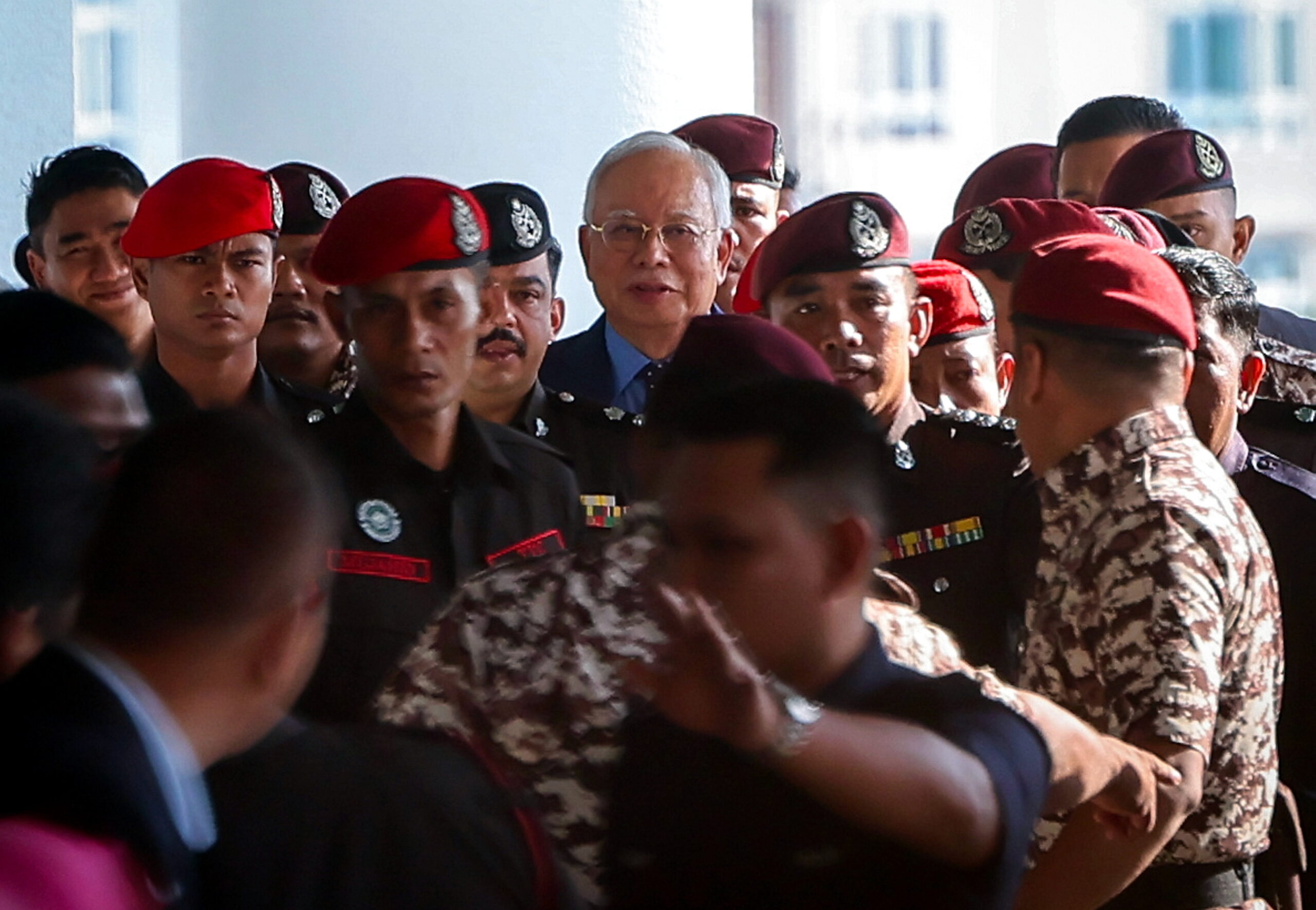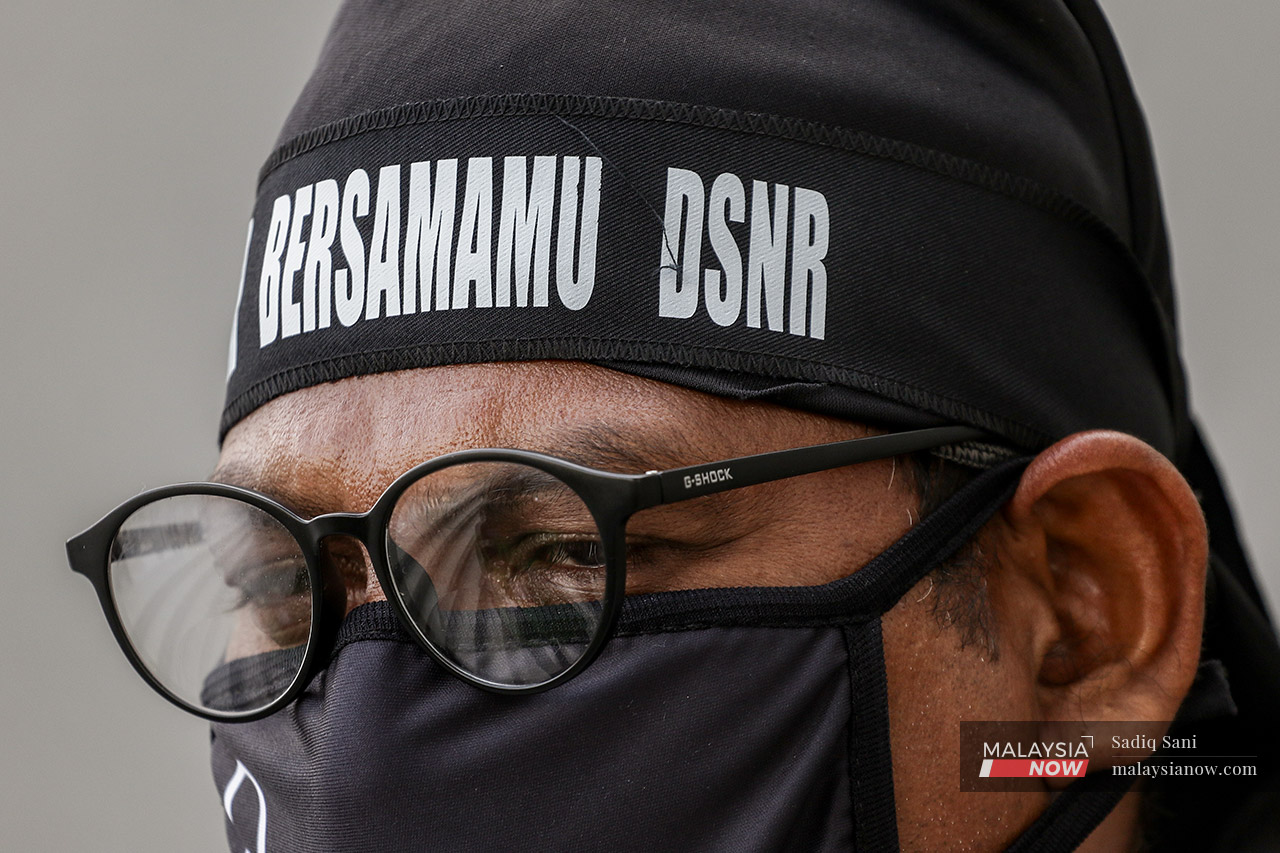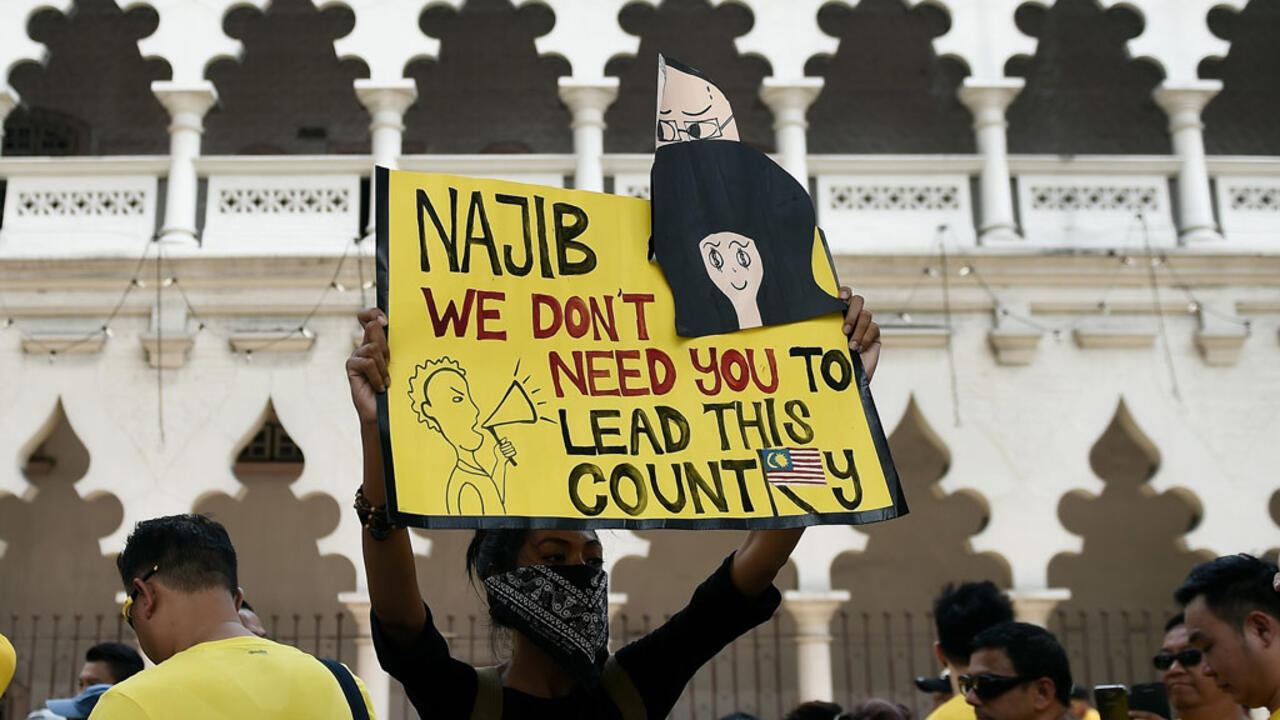
ANGER and frustration are mounting as Datuk Seri Najib Razak’s SRC International conviction takes a controversial turn, with the reduced sentence and fine, paired with a rally of solidarity in his name, leaving many Malaysians questioning whether justice and accountability are being upheld.
For a case that was once hailed as a victory for justice and accountability, the latest actions on both sides seem to undermine public trust. Many are left wondering: is this about justice or mere political expediency?
Judiciary and discounted punishment
Najib was sentenced to 12 years in prison and fined RM210 mil for the misappropriation of RM42 mil from SRC International.
While his prison sentence was reduced to six years, his fine was partially reduced to RM50 mil, with the remaining balance still required to be paid.
Many view this decision as a betrayal of the civil servants, investigators, and prosecutors who worked tirelessly to secure Najib’s conviction. It also raises troubling questions:
Why are the powerful afforded leniency while ordinary citizens face the full weight of the law? What precedent does this set for future cases involving influential individuals?
In a country where petty theft – such as stealing diapers or milk – can result in years-long prison sentences, this “discount” on Najib’s punishment reinforces the perception that justice in Malaysia is reserved for the elite.

The government’s lack of transparency only deepens public frustration, sending a dangerous message that power and influence can manipulate the law.
Najib’s conviction was more than just a domestic milestone – it became a global symbol of accountability. Now, these developments risk undoing that progress and further tarnishing Malaysia’s international reputation.
Opposition solidarity: A political circus
The opposition’s rally in solidarity with Najib is no less disheartening. Leaders who once branded his administration kleptocratic and corrupt are now calling for leniency and framing him as a victim of injustice.
This about-turn reeks of political opportunism, exposing a willingness to sacrifice principles for political gain.
This rally is emblematic of a larger issue within Malaysian politics – leaders on both sides appear more focused on preserving their influence than addressing the rakyat’s concerns.
The rakyat are left as mere spectators in a political theater where the powerful protect each other, regardless of which side they belong to
Both sides fail the rakyat
The combination of a reduced sentence by the government and the opposition’s rally of solidarity sends a unified message: justice is not about fairness but about convenience.
On one side, a government that reduces sentences for the powerful while ordinary citizens endure harsh punishments for minor infractions.
On the other, an opposition that rallies for a convicted criminal despite years of campaigning against corruption. Both sides appear disconnected from the struggles of ordinary Malaysians, who are left wondering if their sacrifices in the fight against corruption were in vain.
This dynamic underscores a grim reality: neither the government nor the opposition seems genuinely committed to the principles of justice and equality. Instead, they weaponise these ideals when it suits their agenda and abandon them when inconvenient.
A betrayed generation
For years, youths have been mobilised to fight against corruption and abuse of power. They protested, faced arrests, and endured hardships, believing they were fighting for a better Malaysia. Now, many feel disillusioned.
The government’s actions and the opposition’s solidarity rally force a reckoning:
Were these struggles merely tools in a political game? Did the rakyat fight for a system that now protects the very individuals they opposed?

This betrayal echoes a sentiment felt by many: the young are often used as pawns in a battle of egos between older leaders who know and protect each other behind closed doors.
The SRC International case was supposed to be a turning point – a symbol of hope for a fair and impartial justice system. Instead, it has become a joke of Malaysia’s systemic failures.
Both the government and the opposition have failed to rise above political gamesmanship. The government’s reduction of Najib’s sentence undermines the judiciary and the principles of accountability, while the opposition’s rally exposes its hypocrisy and lack of consistency.
The rakyat deserve better. They deserve leaders who prioritise fairness, integrity, and the collective well-being of the nation over personal or political agendas.
These leaders must stop exploiting the rakyat’s trust. Justice must not only be done but must also be seen to be done – equally and consistently for all, regardless of status or influence.
The time has come for the youth to take charge. A new generation, free from the baggage of moral failings, corruption, and the abuse of power, must rise to lead Malaysia into a better future.
Those who have betrayed the nation’s trust, regardless of their status or legacy, must be held accountable for their actions.
Dr Mahathir Hj Mohd Rais is the Perikatan Nasional Federal Territories state secretary.
The views expressed are solely of the authors and do not necessarily reflect those of MMKtT.
- Focus Malaysia.
No comments:
Post a Comment
Note: Only a member of this blog may post a comment.